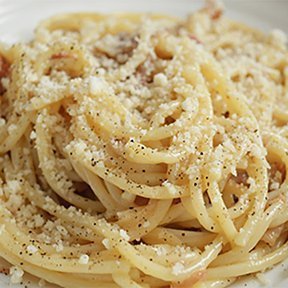This week, I wrote a post for the Houston Press on a proposed bill that would change the way wine is sold and distributed in the state of Texas where I live. The new legislation was put forth by a lawmaker from the Dallas area. If the bill were to pass, it would lift a ban on out-of-state shipping of wines to Texas, among other things.
Currently, a Texan cannot legally call or email a wine shop in another state and ask the merchant to sell and ship a wine to Texas. In Texas, it’s illegal in most cases to sell wine over the phone or email. And Texas retailers can’t even ship their products to other cities.
I was in Austin this week. It’s the state’s capital (the image above is the cupola in the Texas capitol, a majestic edifice that was erected when Texas was still a sovereign country, before it was incorporated into the United States of America). While there, I heard an importer and distributor of fine Italian wines complain about the fact that the Austin Wine Merchant cannot ship wines to a Houston client. In states with liberal wine shipping laws, such a restrictive regulation would be laughed at. But this is Texas, one of the most restrictive “no ship” states in the union.
The author of the new bill is a hardline republican. When one of his constituents contacted him and told him that his favorite New Jersey-based online retailer had been “shut off” by the Texas Alcoholic Beverage Commission, the lawmaker told me that he wanted to change this “ridiculously anti-competitive” restriction.
How is it, you may ask, that Texas — a flaming red republican state — allows for a restriction that runs counter to the republican ideals of free trade and open markets? The state representative who authored the bill went as far to say that the restriction “violates the rights of those who value freedom” (no kidding!).
The answer to the question lies in the way wine distribution (retail and wholesale) was divvied up by the bootlegger families after the repeal of Prohibition. It’s still not clear why this happened (although some have their suspicions), but after Prohibition was repealed, the U.S. governments told the states that they and not the federal government would decide how alcohol can be sold in America.
Today, only 14 states in the union and the District of Columbia allow for out-of-state shipping. It’s a true paradox of America mercantilism: Our country’s Interstate Commerce Act of 1887 established once and for all that it’s a constitutional right of Americans to be able to sell their wares in every state in the union. But that doesn’t hold true for wine. And the Texas bill could very well become a landmark case and precedent for how wine is sold here.
I’ll be following the story as it develops and will report back. In the meantime, check out this post from a few weeks ago on “the functions of wine writing” and thanks for reading!







